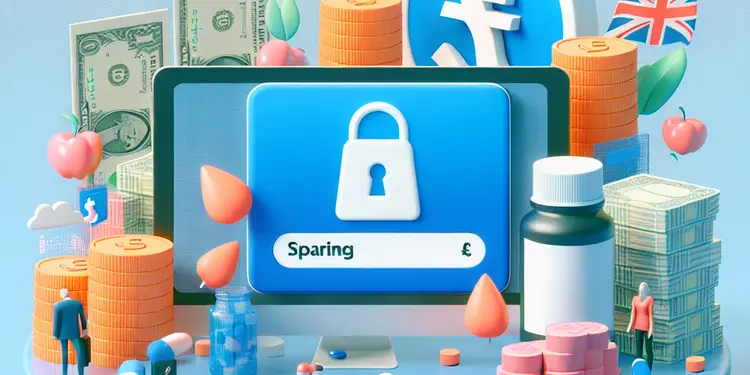
Find Help
More Items From Ergsy search
-
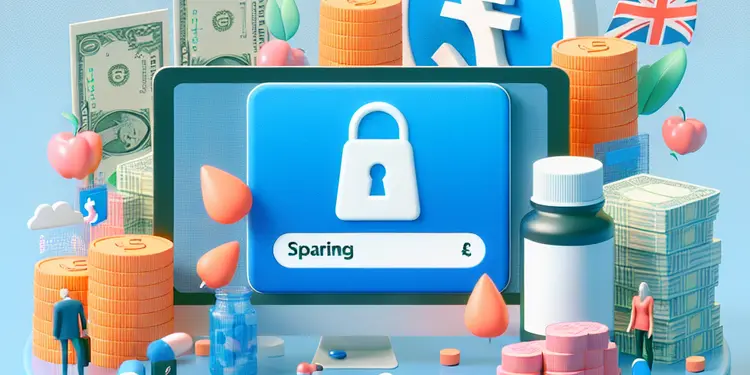
Is there a risk of identity theft with fake weight loss drug purchases?
Relevance: 100%
-
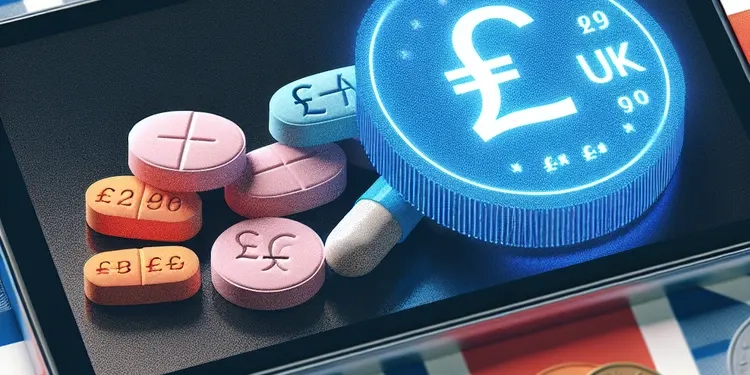
Fake weight loss drugs. How can I tell if weight loss drugs are fake?
Relevance: 71%
-
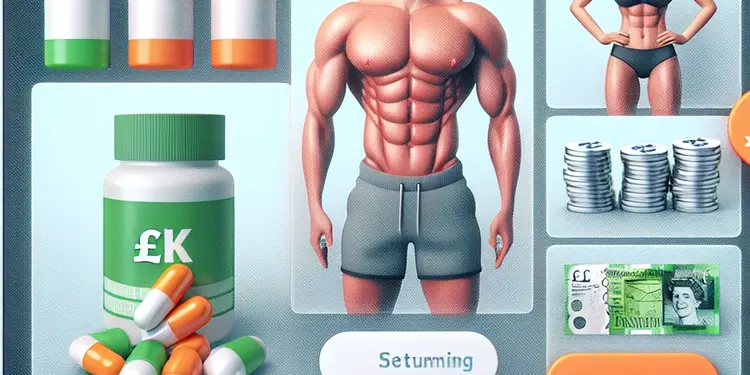
Do fake weight loss drugs offer unrealistic results?
Relevance: 63%
-
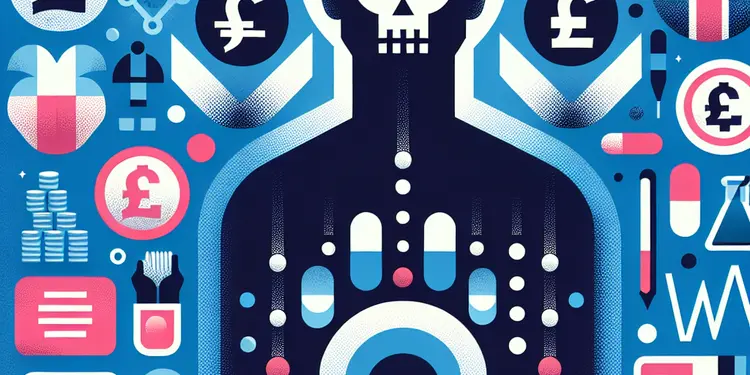
Can fake weight loss drugs have harmful ingredients?
Relevance: 61%
-
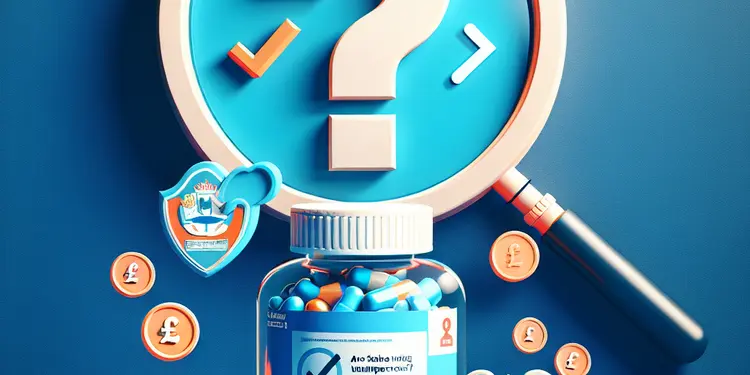
Are fake weight loss drugs often unapproved by health authorities?
Relevance: 61%
-
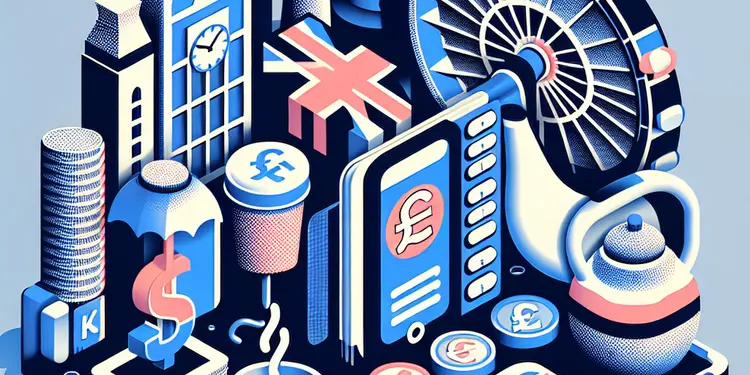
Is it possible for fake weight loss drugs to have no effect at all?
Relevance: 61%
-

Can fake weight loss drugs come in unusual forms?
Relevance: 61%
-
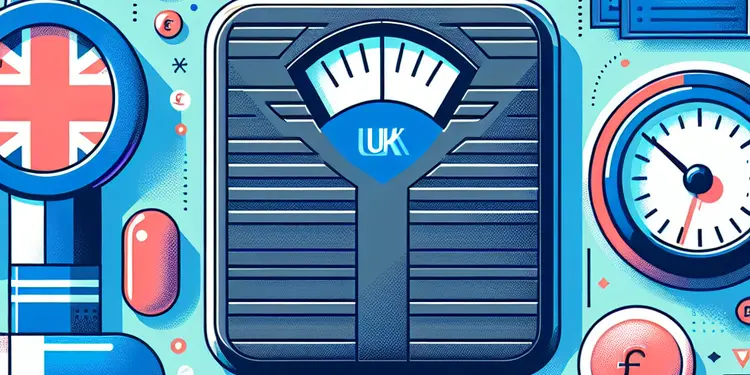
Can fake weight loss drugs contain prescription-only medications?
Relevance: 60%
-
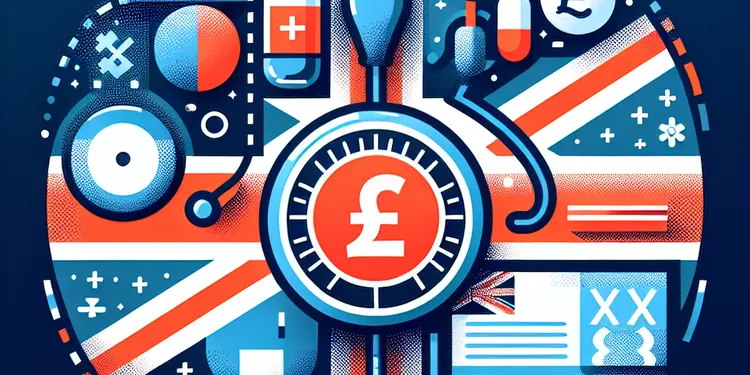
Do fake weight loss drugs often skip clinical trials?
Relevance: 60%
-
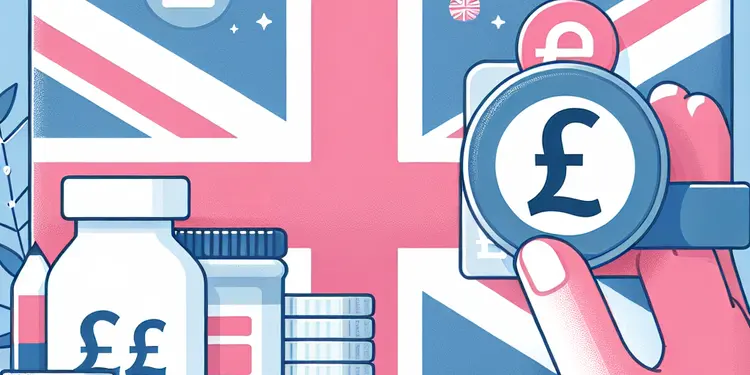
Can the pricing of weight loss drugs indicate if they're fake?
Relevance: 59%
-
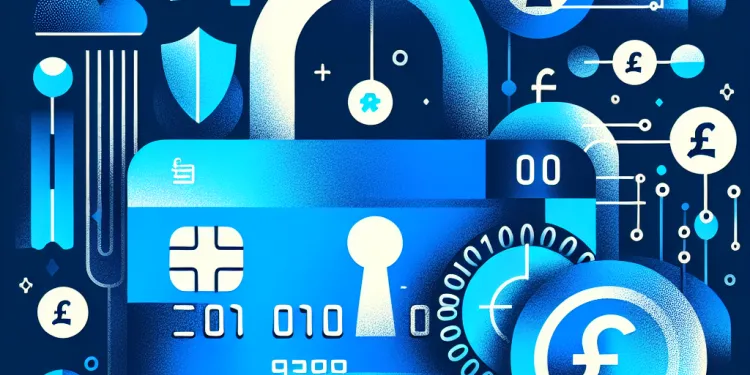
What is identity theft?
Relevance: 58%
-
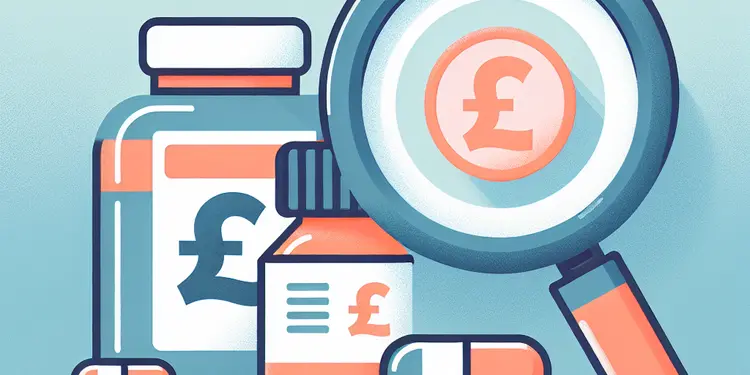
Is packaging important in identifying fake weight loss drugs?
Relevance: 57%
-
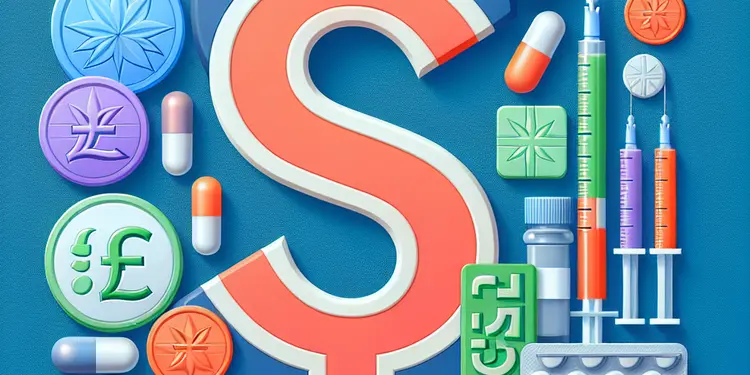
Are there common side effects that fake weight loss drugs may cause?
Relevance: 52%
-
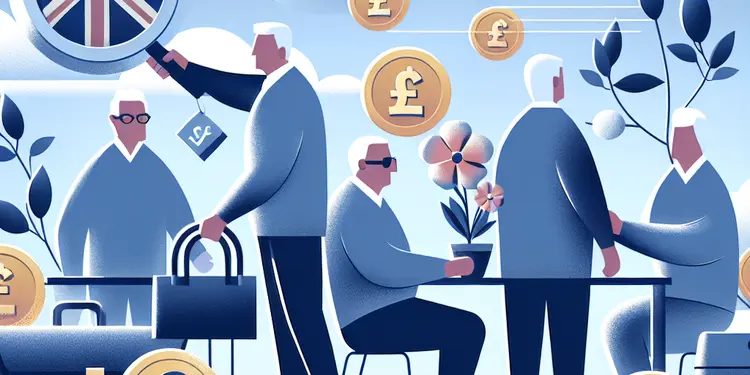
What is identity theft and how does it affect the elderly?
Relevance: 50%
-
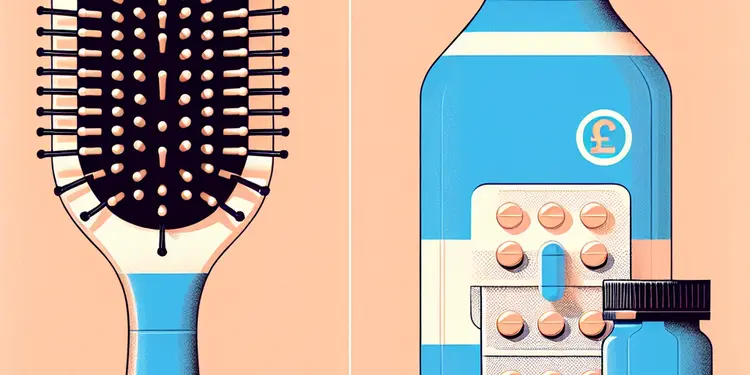
Is there a risk of hair loss with weight loss drugs?
Relevance: 45%
-

Can weight loss drugs cause dehydration?
Relevance: 42%
-
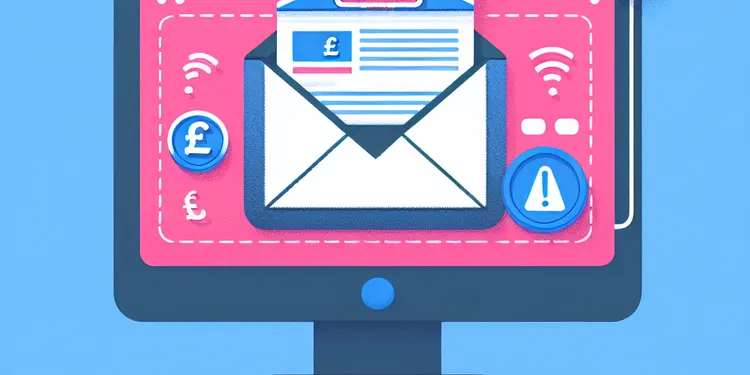
Are unsolicited emails about weight loss drugs a warning sign?
Relevance: 42%
-

Is Wegovy similar to other weight loss drugs?
Relevance: 41%
-
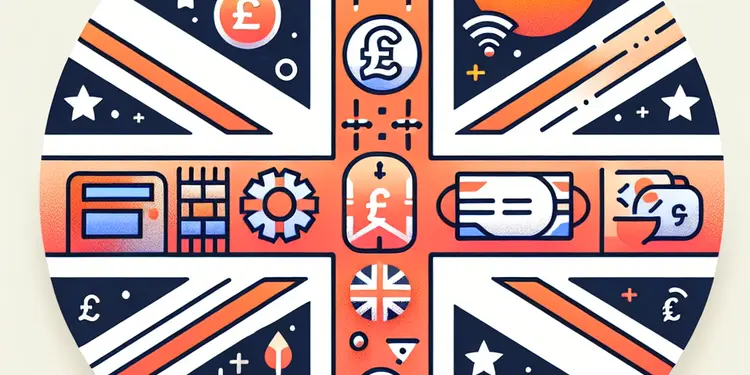
Is insomnia a common side effect of weight loss drugs?
Relevance: 41%
-
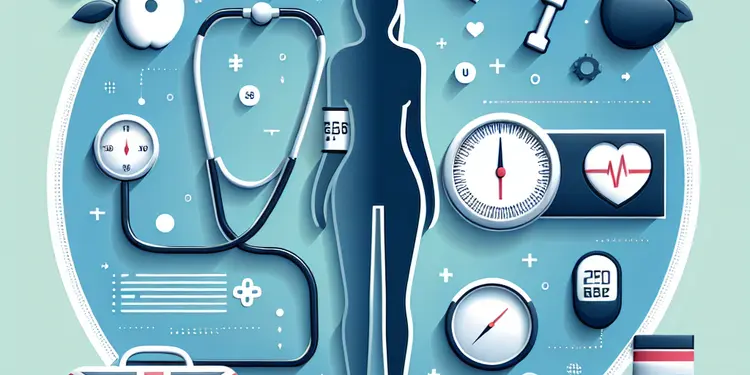
Can weight loss drugs affect blood pressure?
Relevance: 41%
-
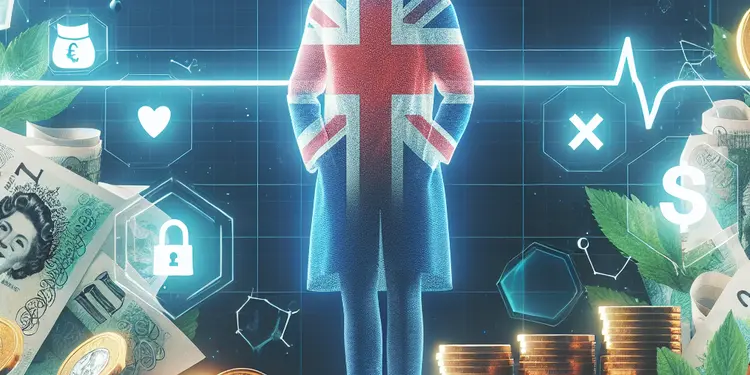
What are common side effects of weight loss drugs?
Relevance: 41%
-
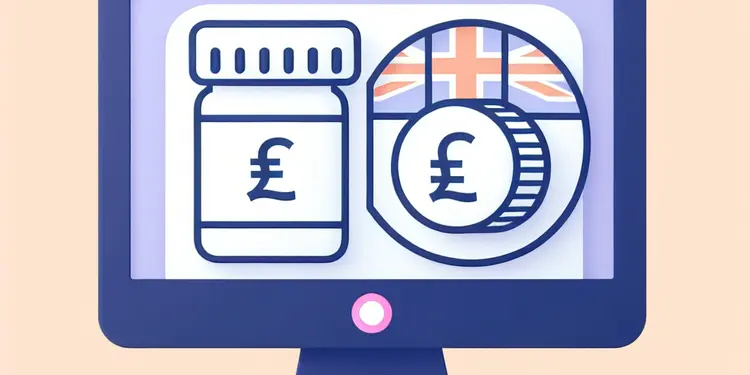
Can weight loss drugs lead to nutritional deficiencies?
Relevance: 40%
-
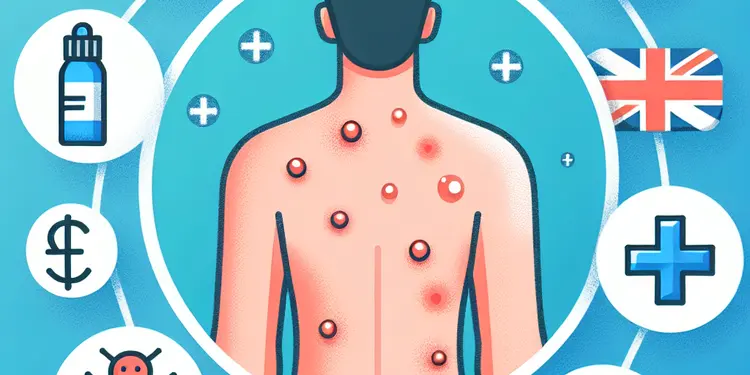
Are skin rashes a side effect of weight loss drugs?
Relevance: 40%
-
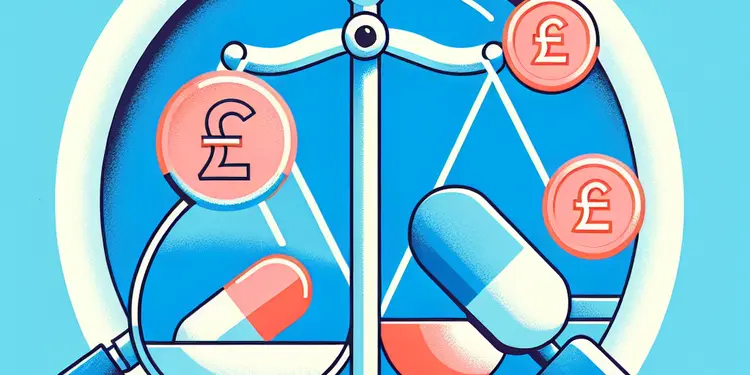
Can taking weight loss drugs result in dependency or addiction?
Relevance: 40%
-
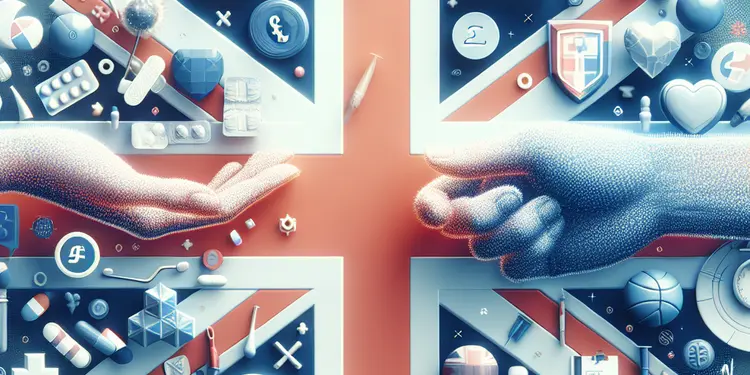
Can weight loss drugs lead to mood changes or anxiety?
Relevance: 39%
-
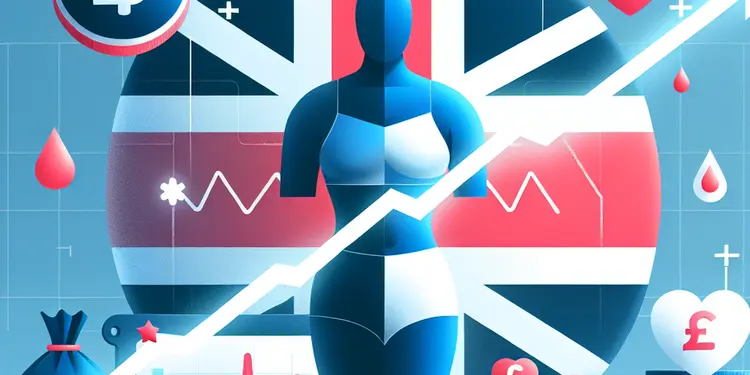
Can weight loss drugs cause increased heart rate?
Relevance: 39%
-
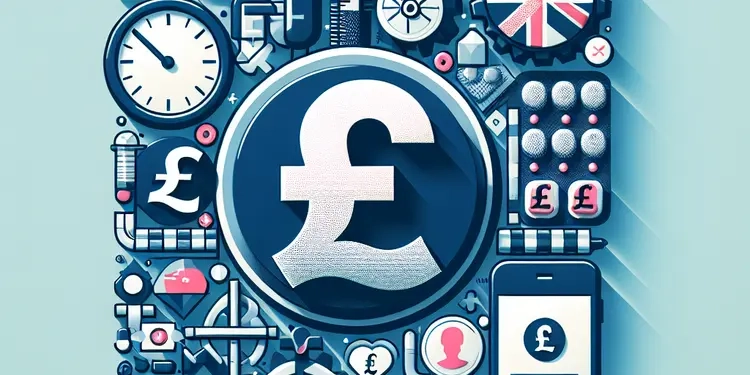
What side effects can I expect from weight loss drugs?
Relevance: 38%
-
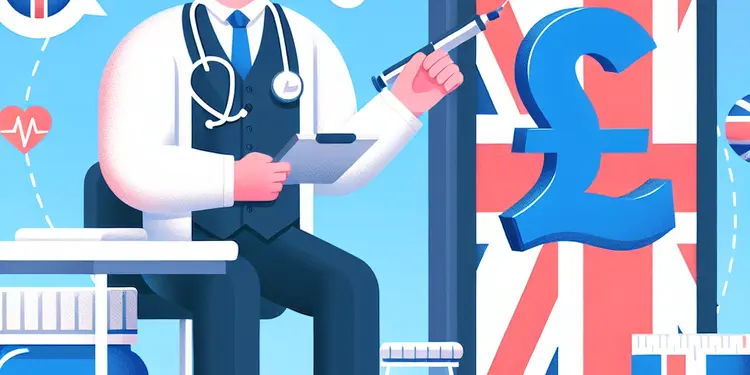
Is it necessary to consult a healthcare professional before purchasing weight loss drugs?
Relevance: 38%
-
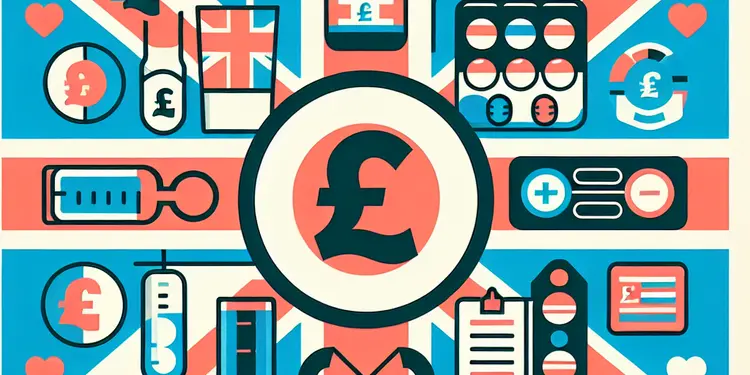
What impact can weight loss drugs have on mental health?
Relevance: 38%
-
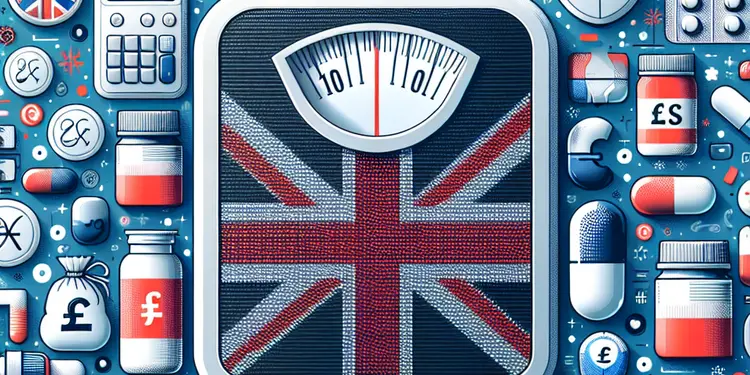
What are the less common but serious side effects of weight loss drugs?
Relevance: 38%
-
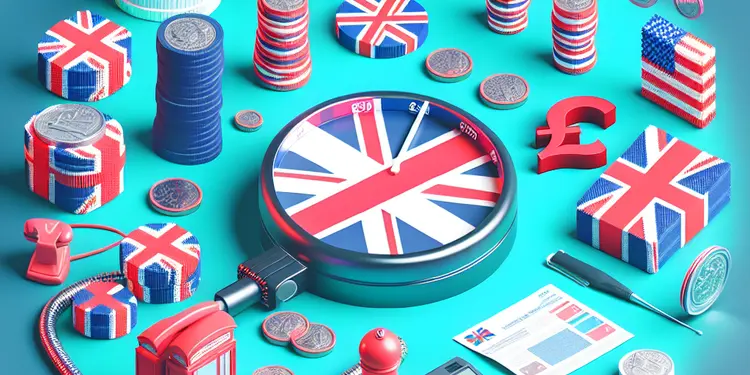
What should I avoid when taking weight loss drugs to minimize side effects?
Relevance: 36%
-
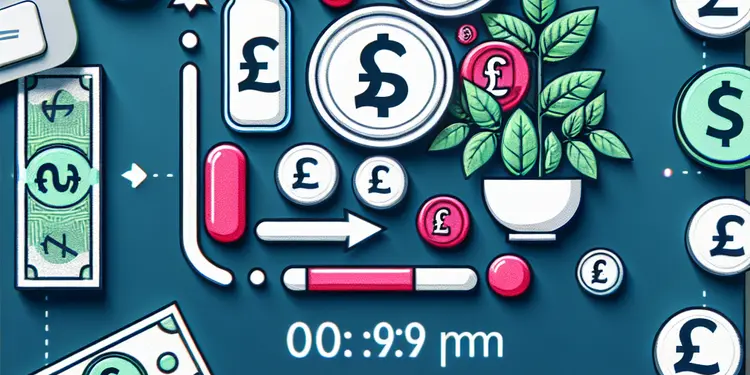
How long do side effects from weight loss drugs typically last?
Relevance: 36%
-
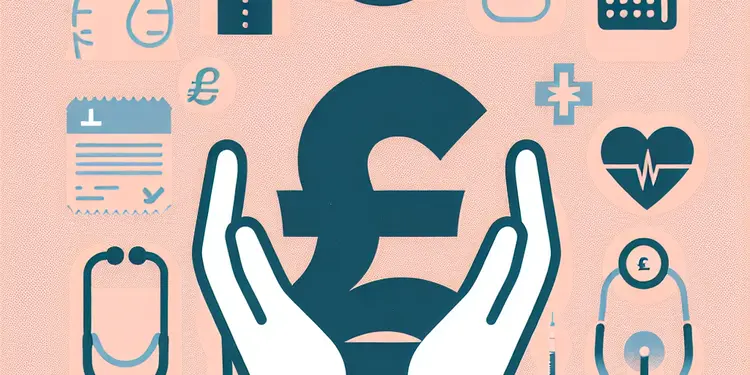
What should I do if I experience severe side effects from weight loss drugs?
Relevance: 35%
-
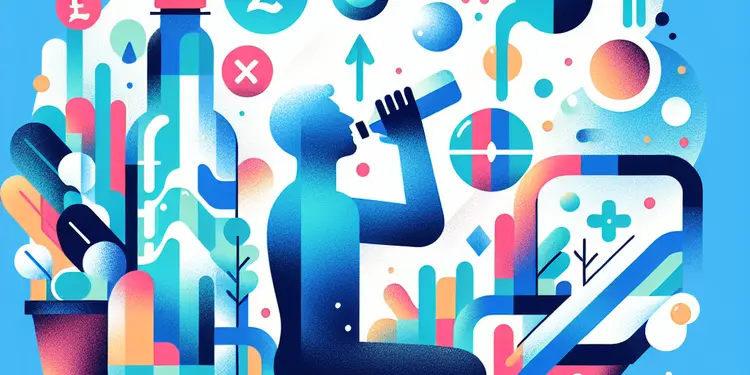
What role does hydration play when experiencing side effects from weight loss drugs?
Relevance: 34%
-
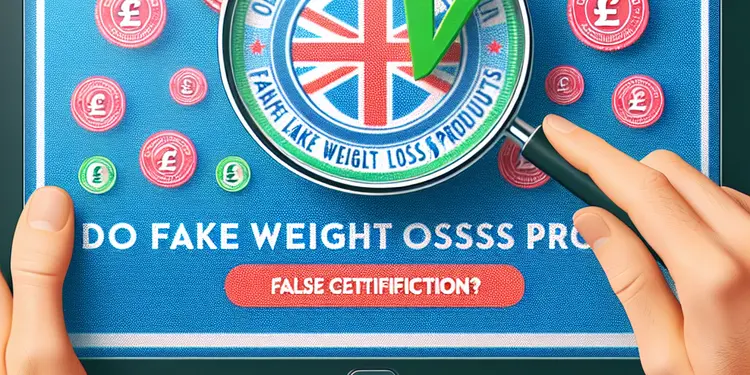
Do fake weight loss products often have false certifications?
Relevance: 33%
-
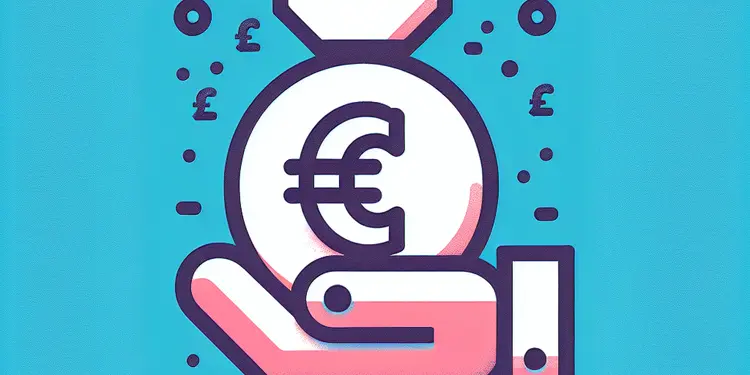
What is theft?
Relevance: 32%
-

Can everyone use weight loss jabs as a method for weight loss?
Relevance: 32%
-
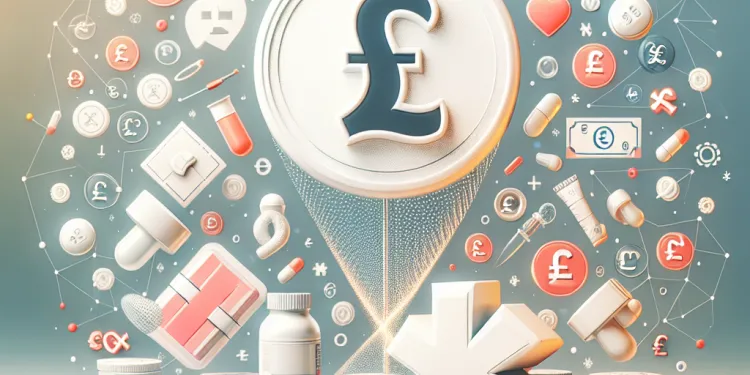
Will insurance cover Ozempic for weight loss?
Relevance: 30%
-
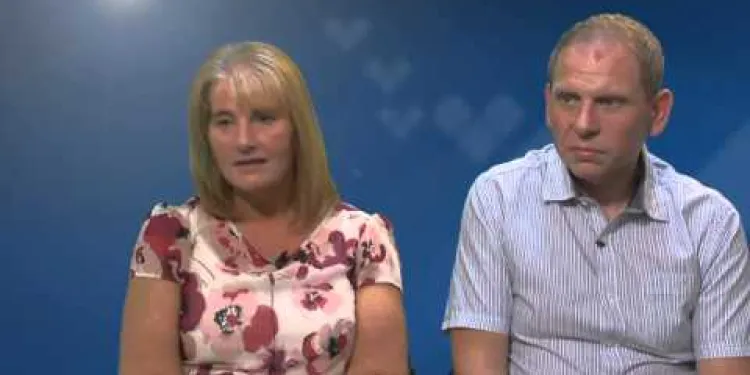
Weight Loss Surgery
Relevance: 30%
-
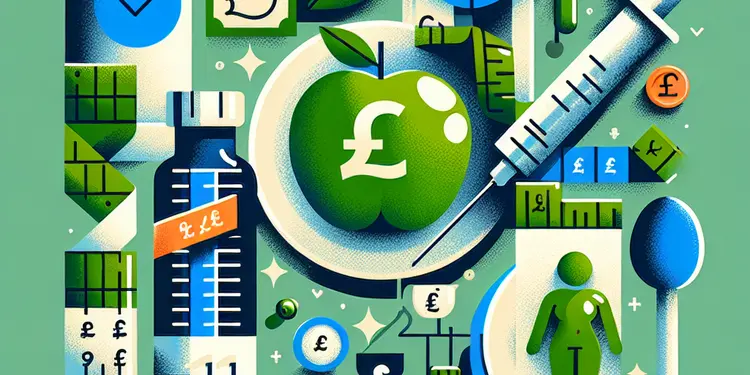
Is there a risk of dependence on weight loss jabs?
Relevance: 30%
Understanding the Threat
Identity theft is a growing concern in the UK, particularly with the increased reliance on online shopping. Among the various fraudulent schemes, the sale of fake weight loss drugs is notably worrisome. Unsuspecting consumers searching for quick and easy solutions to weight management may inadvertently expose themselves to significant risks, including identity theft.
How Identity Theft Occurs
When purchasing weight loss drugs from dubious online sources, consumers often provide sensitive personal information. This typically includes names, addresses, and credit card details. Fraudsters operating these sites can capture this data and use it to commit identity theft. This might involve accessing bank accounts, opening credit lines in the victim's name, or selling personal data to other criminals on the dark web.
Recognising Fake Sites
Fake websites can be deceptively convincing, often mimicking professional and legitimate pharmaceutical sites. Indicators of fraudulent websites include poor grammar, unprofessional design, suspicious domain names, and lack of contact details. Additionally, prices that are significantly lower than legitimate sources can also be a red flag. Consumers are urged to verify the credibility of the sites by checking for reviews and authentication seals.
The Financial Impact
The financial repercussions of identity theft can be severe. Victims may face unauthorized charges on their accounts and spend considerable time resolving these fraudulent actions. The emotional toll, alongside damaged credit ratings, can be long-lasting. For many, reclaiming their identity and financial standing becomes an arduous process.
Protecting Yourself Online
Consumers should employ rigorous safety practices when shopping online to safeguard themselves from identity theft. This includes using secure payment methods, ensuring websites are HTTPS-encrypted, and maintaining updated antivirus software. Additionally, using strong, unique passwords for online accounts and enabling two-factor authentication where possible can significantly enhance security.
Reporting Suspected Fraud
If you suspect you are a victim of identity theft, it is important to act swiftly. In the UK, report the incident to Action Fraud, the national fraud and cybercrime reporting centre. It's also crucial to inform your bank to prevent further unauthorized access as they can advise on immediate protection measures. Monitoring your credit report for unfamiliar activity is recommended to detect any fraudulent use of your identity.
Conclusion
While the appeal of quick weight loss solutions can be strong, it is imperative to exercise caution and diligence online. By understanding the tactics used in fraudulent schemes, recognising fake sites, and applying robust online safety practices, consumers can greatly reduce the risk of identity theft. Stay informed and vigilant to protect your personal information and financial wellbeing.
Understanding the Threat
Identity theft means someone steals your personal information. This is happening more often in the UK because people shop online a lot. Some websites sell fake weight loss drugs. These sites are dangerous. People looking to lose weight fast might give their personal details to these fake sites, which puts them at risk.
How Identity Theft Happens
When you buy weight loss drugs from untrustworthy websites, you give them important information like your name, address, and credit card details. Bad people can steal this information. They might use it to take your money or pretend to be you. This is called identity theft. They might also sell your details to other criminals.
Spotting Fake Websites
Fake websites can look real but have clues that they are not. These websites might have bad spelling, look poorly made, and have strange website names. They might not have contact details, and their prices can be too good to be true. Always check if a website is real by reading reviews and looking for trust seals.
The Financial Effects
Identity theft can cost you a lot of money. It can also take a lot of time to fix the problems caused by thieves. You might find wrong charges on your credit card and get stressed. Your credit score can go down, and it can take a long time to make things right again.
Protecting Yourself Online
To stay safe online, use safe ways to pay for things. Make sure the websites you use have HTTPS and keep your antivirus up to date. Use strong and different passwords for each account. Use two-factor authentication if you can, as it makes your accounts even safer.
Reporting Fraud
If you think someone has stolen your identity, act quickly. In the UK, tell Action Fraud, which is the centre for reporting fraud. Tell your bank too, so they can help keep your money safe. Check your credit report often to see if there is anything unusual happening with your identity.
Conclusion
It is tempting to try quick solutions for weight loss, but it's important to be careful online. By knowing what tricks fraudsters use and identifying fake sites, you can keep your personal information safe. Be smart and careful to protect your identity and money.
Frequently Asked Questions
What is identity theft?
Identity theft occurs when someone uses your personal information, such as your name, Social Security number, or credit card details, without your permission to commit fraud or other crimes.
How can purchasing fake weight loss drugs lead to identity theft?
When purchasing fake weight loss drugs, you may be required to provide personal information such as credit card details and address. Scammers can use this information to steal your identity.
What types of personal information are at risk with fake drug purchases?
Personal information such as credit card numbers, addresses, phone numbers, and email addresses are at risk when purchasing from illegitimate sources.
Can purchasing fake drugs online compromise my credit card information?
Yes, fraudulent websites selling fake drugs can capture your credit card information and use it for unauthorized transactions.
How can I identify a fake weight loss product online?
Fake products often promise quick results, are sold at very low prices, lack detailed information about the seller, and are not approved by regulatory agencies.
What should I do if I suspect identity theft after a purchase?
Report it to your bank, check your credit report for unauthorized transactions, and contact government identity theft resources like the FTC in the U.S.
Are there any warning signs of identity theft?
Warning signs include unexplained withdrawals, unauthorized charges, receiving bills for unknown accounts, or being denied credit unexpectedly.
Can fake weight loss drug sellers misuse my email account?
Yes, scammers may use your email for spamming, phishing, or attempting to gain further personal information.
How can I protect my personal information when purchasing drugs online?
Purchase from reputable and verified online pharmacies, use secure payment methods, and ensure the website uses encryption protocols like HTTPS.
What role do phishing scams play in identity theft related to fake drugs?
Phishing scams trick individuals into providing personal information through fake emails or websites that appear legitimate, leading to identity theft.
Is it safer to purchase weight loss drugs in person?
Purchasing from a licensed pharmacy in person or online is generally safer as they are regulated and offer genuine products.
How do scammers benefit from selling fake weight loss drugs?
Scammers make money by selling counterfeit products and stealing financial and personal information for identity theft purposes.
What action can authorities take against online fraud related to drug purchases?
Authorities can shut down fraudulent websites, prosecute offenders, and warn consumers about potential scams.
Can identity theft from fake drug purchases impact my credit score?
Yes, if scammers open new accounts or make unauthorized transactions in your name, it can negatively impact your credit score.
How frequently does identity theft occur with online purchases?
Identity theft is a common risk with online purchases, especially on unverified or fraudulent platforms.
Are there any tools to help identify fake websites selling drugs?
Yes, tools like WHOIS for domain information, regulatory agency databases, and online reviews can help identify fake websites.
What is the safest way to dispose of old credit card information used online?
Shred physical records, delete digital copies securely using software, and regularly monitor your financial statements.
What is pharming and how does it relate to drug purchases?
Pharming redirects users from legitimate websites to fraudulent ones to steal information, commonly affecting online drug purchases.
Can fake drug purchases lead to other types of fraud?
Yes, once scammers have your personal information, they can commit other types of fraud like medical or insurance fraud.
Are there legal repercussions for buying fake drugs unknowingly?
Unknowingly buying fake drugs is generally not punishable, but the focus is on educating consumers about potential risks and staying vigilant.
What is identity theft?
Identity theft is when someone uses your personal information, like your name or bank details, without your permission.
They might pretend to be you to buy things or open bank accounts.
If you think this has happened to you, tell a grown-up you trust. They can help you stay safe.
Some tools like password managers help keep your information safe.
Identity theft is when someone takes your personal information, like your name, Social Security number, or credit card details, without asking you. They use it to do bad things or break the law.
How can buying fake weight loss pills steal your personal information?
When you buy fake weight loss pills, you might have to give your credit card number and address. Bad people can use this information to pretend to be you and steal from you.
What personal information could be at risk when buying fake medicine?
When you buy fake medicine, some of your personal information might be at risk. This can include:
- Your name
- Your address
- Your phone number
- Your credit card details
To stay safe, use tools like password managers to keep your information secure. Always check the website you are buying from is trusted and try asking an adult for help if you are unsure.
Your personal information is in danger. This includes things like your credit card numbers, where you live, your phone number, and your email address.
This can happen when you buy from places that are not safe or trustworthy.
You can stay safe by using tools like password managers and secure websites. Ask a friend or use a trusted service to help you shop safely online.
Will buying fake medicine online steal my credit card details?
If you buy fake medicine on the internet, bad people might get your credit card number. Be careful!
Here are some tips to stay safe:
- Use trusted websites for shopping.
- Check if the website has a padlock symbol (🔒) in the address bar.
- Ask an adult you trust to help you.
- Use a password manager to keep your passwords safe.
Yes, bad websites that sell fake medicines can take your credit card numbers and use them without asking you.
How can I spot a fake weight loss product online?
Here is how you can tell if a weight loss product is fake:
- Check if the product has no reviews or lots of bad reviews.
- Look for too-good-to-be-true claims like "lose weight fast without exercise."
- Make sure the product comes from a known company or website.
- Be careful with products that want your money quickly or keep asking for more.
You can use tools like spellcheckers or ask someone you trust to help you read and understand the information. It's always good to get advice from a doctor or expert before buying a product.
Fake products can seem too good to be true.
- They might say they work really fast.
- They might be really cheap.
- You might not find much information about who is selling them.
- They are not checked or approved by important safety groups.
To be safe, always do some checking before buying. You can ask for help from a trusted adult or use the internet to learn more.
What to Do if You Think Someone Stole Your Identity After You Bought Something
If you think someone is pretending to be you after buying something, here are simple steps you can take: 1. **Check Your Bank Account**: Look at your bank statements to see if there are payments you didn’t make. 2. **Call Your Bank**: Talk to your bank about any strange charges. They can help keep your money safe. 3. **Get Help**: Tell a trusted adult or friend. It's important to have support. 4. **Use Passwords**: Make sure your passwords are strong and different for each account. 5. **Stay Safe Online**: Be careful not to share personal details, like your address or credit card numbers, with people you do not know. If you need more help, tools like password managers or security apps can protect your information.Tell your bank right away. Look at your credit report to see if there are things you didn't do. Call places that help with stolen identity, like the FTC in America.
What are the warning signs of someone stealing your identity?
If someone is pretending to be you, these are the signs:
- You get bills for things you did not buy.
- You see money missing from your bank.
- You get letters about accounts you didn't open.
- Your credit card or bank card doesn’t work.
- Doctors tell you about medical visits you did not make.
Here are some tools that can help:
- Check your bank statements: Look at where your money is going. Tell your bank if something looks wrong.
- Use a credit report service: These services can show if someone opened accounts in your name.
- Ask for help: An adult you trust can help you keep your information safe.
Watch out for these warning signs:
- Money leaving your account that you can't explain.
- Charges on your card that you didn't make.
- Getting bills for things you didn't buy.
- Being told you can't borrow money when you thought you could.
If you see these signs, ask for help. You can talk to a family member or someone you trust. You can also use tools like online banking alerts to keep track of your money.
Can people selling fake weight loss drugs use my email in a bad way?
If you click on a link from someone selling fake drugs, they might try to see your email. Be careful and do not open emails from people you do not know.
Yes, bad people might use your email to send a lot of unwanted messages. They might also try to trick you into giving them more personal information.
How can I keep my personal information safe when buying medicine online?
Here are some simple steps to keep your information safe:
- Use a secure and trusted website. Look for a padlock symbol in the address bar.
- Create strong passwords with letters, numbers, and symbols.
- Do not share your password with anyone.
- Check reviews or ratings of the website before buying.
- Use privacy tools, like browser extensions, to block trackers.
Buy medicine from trusted and checked online pharmacies. Use safe ways to pay. Make sure the website starts with HTTPS to keep your information safe.
How do trick emails about fake medicines help thieves steal people’s identities?
Phishing scams are sneaky tricks. They use fake emails or websites to make you share your personal information. This can lead to identity theft.
Is it safer to buy weight loss pills at the store?
It is safer to buy medicine from a pharmacy. You can visit a pharmacy in person or use a trusted website. Pharmacies have rules they follow and sell real medicine.
Why do tricksters sell fake weight loss pills?
Bad people called scammers try to make money by selling fake things. They also try to steal your money and personal details, like your name and address. This can be very bad because they might pretend to be you.
What Can the Authorities Do About Online Drug Scams?
Authorities can do many things to stop online drug scams.
- They can find and stop bad websites.
- They can catch people who do these scams.
- They can warn people about scams.
- They can work with other groups to stop scams.
It's important to be careful and safe on the internet.
People in charge can close fake websites, punish bad people, and tell everyone about scams to watch out for.
Can fake drug buying hurt my credit score?
Someone might pretend to be you and buy drugs. This is called identity theft. It is bad and can cause problems.
If this happens, it might change your credit score. A credit score is a number that shows if you are good at paying back money.
If you need help reading or understanding, you can ask a friend or use a tool like a dictionary.
If bad people use your name to open new accounts or move your money without asking, it can hurt your credit score.
How often does stealing someone's identity happen when buying things online?
Sometimes, bad people try to pretend they are someone else to get their money or information. This happens when people shop online.
It's important to be careful when you buy things on the internet.
- Use strong passwords. A strong password has lots of different letters, numbers, and symbols.
- Only shop on websites you trust.
- Ask an adult if you need help or have questions.
- Use tools that help keep your computer safe, like antivirus software.
Being careful can help protect you from identity theft.
Stealing someone's identity is a big problem when buying things online. It can happen a lot, especially if you use websites that might not be safe or real.
Here are some tips to stay safe:
- Use websites you know and trust.
- Look for a padlock symbol in the address bar. This shows the site is safe.
- Use tools that protect your information, like antivirus software.
- If a deal looks too good to be true, it might be a trick.
Can I get help to know if a website selling medicine is real?
Some websites pretend to sell medicine but are not real. There are tools to help spot these fake websites:
- Look for a padlock: Check for a small padlock icon next to the website address. This shows it is safer.
- Use trusted websites: Buy medicine from websites you know and trust.
- Check for reviews: Read what other people say about the website.
- Get help from an adult: Ask someone you trust to help you check the website.
Yes, you can use different tools to find out if a website is fake. Here are some ideas:
- Use WHOIS to check website information.
- Look at government websites that check businesses.
- Read online reviews about the website.
How can I safely get rid of old credit card details from online?
Tear up paper records into small pieces, use software to safely delete files on your computer, and check your money statements often.
What is pharming and how does it relate to buying drugs?
Pharming is a way people try to get drugs without a doctor's help.
It means using medicines in the wrong way. Sometimes, people mix different pills to get a certain feeling.
If you ever hear about pharming or want help with medicines, always talk to a trusted adult or doctor.
Pharming is when bad people trick you into going to fake websites. They want to take your information. This often happens when people buy medicine online.
Can buying fake medicines cause other problems with money?
Yes, if bad people get your personal info, they can do bad things like tricking doctors or insurance companies.
Can you get in trouble for buying fake medicine by accident?
Buying fake medicine without knowing can be confusing. Here are some tips to help you:
- Always buy medicine from a trusted shop or pharmacy.
- Check the label and make sure it looks right.
- If you feel unsure about a medicine, ask a doctor or pharmacist.
If you need help with reading this or find it hard to understand, you can:
- Ask someone you trust to explain it.
- Use reading tools like text-to-speech apps.
Buying fake medicine by mistake usually does not get you in trouble. It is more important to learn about the dangers of fake medicine and how to watch out for it.
Useful Links
This website offers general information and is not a substitute for professional advice.
Always seek guidance from qualified professionals.
If you have any medical concerns or need urgent help, contact a healthcare professional or emergency services immediately.
Some of this content was generated with AI assistance. We’ve done our best to keep it accurate, helpful, and human-friendly.
- Ergsy carfully checks the information in the videos we provide here.
- Videos shown by Youtube after a video has completed, have NOT been reviewed by ERGSY.
- To view, click the arrow in centre of video.
- Most of the videos you find here will have subtitles and/or closed captions available.
- You may need to turn these on, and choose your preferred language.
- Go to the video you'd like to watch.
- If closed captions (CC) are available, settings will be visible on the bottom right of the video player.
- To turn on Captions, click settings .
- To turn off Captions, click settings again.
More Items From Ergsy search
-

Is there a risk of identity theft with fake weight loss drug purchases?
Relevance: 100%
-

Fake weight loss drugs. How can I tell if weight loss drugs are fake?
Relevance: 71%
-

Do fake weight loss drugs offer unrealistic results?
Relevance: 63%
-

Can fake weight loss drugs have harmful ingredients?
Relevance: 61%
-

Are fake weight loss drugs often unapproved by health authorities?
Relevance: 61%
-

Is it possible for fake weight loss drugs to have no effect at all?
Relevance: 61%
-

Can fake weight loss drugs come in unusual forms?
Relevance: 61%
-

Can fake weight loss drugs contain prescription-only medications?
Relevance: 60%
-

Do fake weight loss drugs often skip clinical trials?
Relevance: 60%
-

Can the pricing of weight loss drugs indicate if they're fake?
Relevance: 59%
-

What is identity theft?
Relevance: 58%
-

Is packaging important in identifying fake weight loss drugs?
Relevance: 57%
-

Are there common side effects that fake weight loss drugs may cause?
Relevance: 52%
-

What is identity theft and how does it affect the elderly?
Relevance: 50%
-

Is there a risk of hair loss with weight loss drugs?
Relevance: 45%
-

Can weight loss drugs cause dehydration?
Relevance: 42%
-

Are unsolicited emails about weight loss drugs a warning sign?
Relevance: 42%
-

Is Wegovy similar to other weight loss drugs?
Relevance: 41%
-

Is insomnia a common side effect of weight loss drugs?
Relevance: 41%
-

Can weight loss drugs affect blood pressure?
Relevance: 41%
-

What are common side effects of weight loss drugs?
Relevance: 41%
-

Can weight loss drugs lead to nutritional deficiencies?
Relevance: 40%
-

Are skin rashes a side effect of weight loss drugs?
Relevance: 40%
-

Can taking weight loss drugs result in dependency or addiction?
Relevance: 40%
-

Can weight loss drugs lead to mood changes or anxiety?
Relevance: 39%
-

Can weight loss drugs cause increased heart rate?
Relevance: 39%
-

What side effects can I expect from weight loss drugs?
Relevance: 38%
-

Is it necessary to consult a healthcare professional before purchasing weight loss drugs?
Relevance: 38%
-

What impact can weight loss drugs have on mental health?
Relevance: 38%
-

What are the less common but serious side effects of weight loss drugs?
Relevance: 38%
-

What should I avoid when taking weight loss drugs to minimize side effects?
Relevance: 36%
-

How long do side effects from weight loss drugs typically last?
Relevance: 36%
-

What should I do if I experience severe side effects from weight loss drugs?
Relevance: 35%
-

What role does hydration play when experiencing side effects from weight loss drugs?
Relevance: 34%
-

Do fake weight loss products often have false certifications?
Relevance: 33%
-

What is theft?
Relevance: 32%
-

Can everyone use weight loss jabs as a method for weight loss?
Relevance: 32%
-

Will insurance cover Ozempic for weight loss?
Relevance: 30%
-

Weight Loss Surgery
Relevance: 30%
-

Is there a risk of dependence on weight loss jabs?
Relevance: 30%


